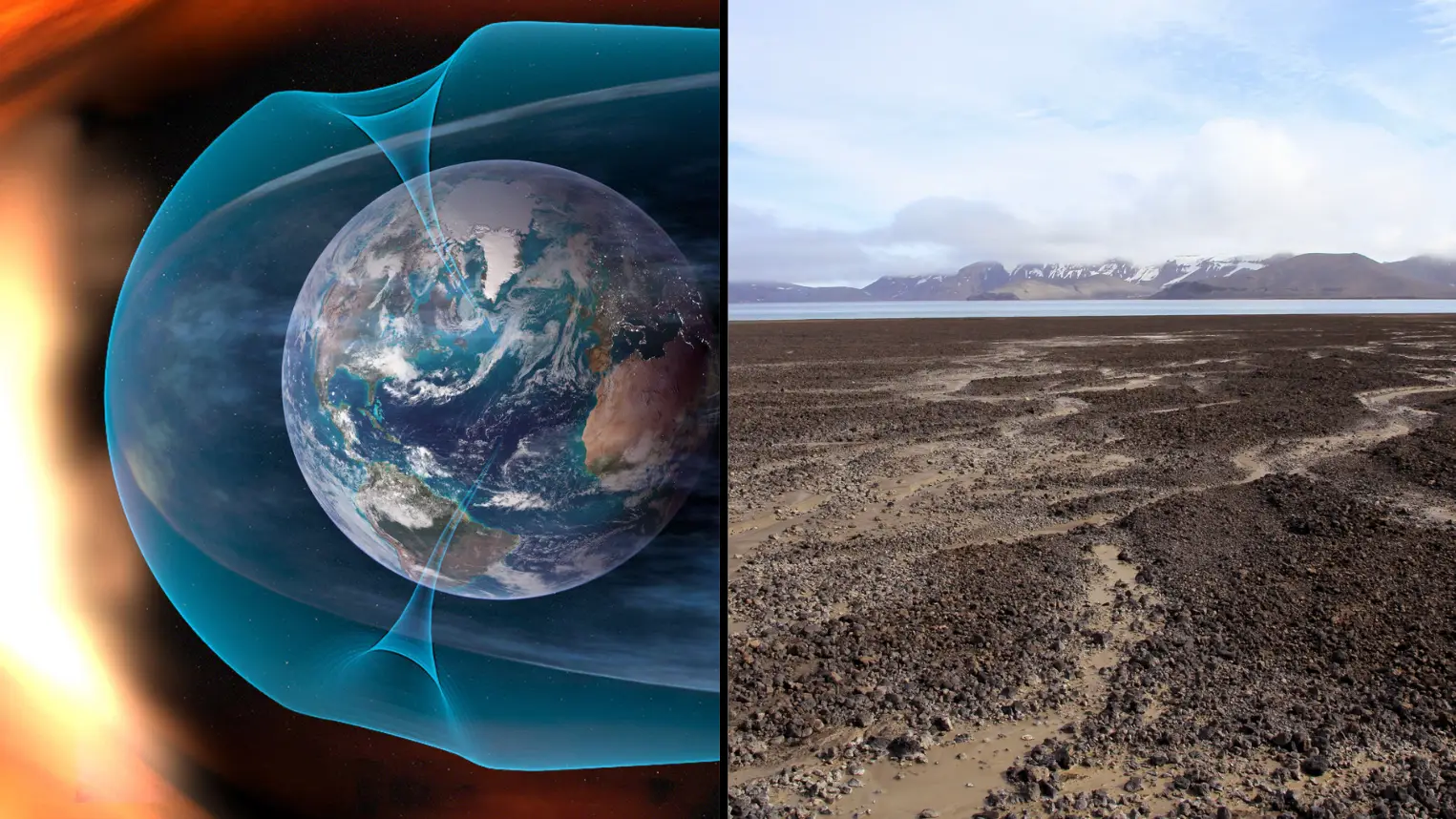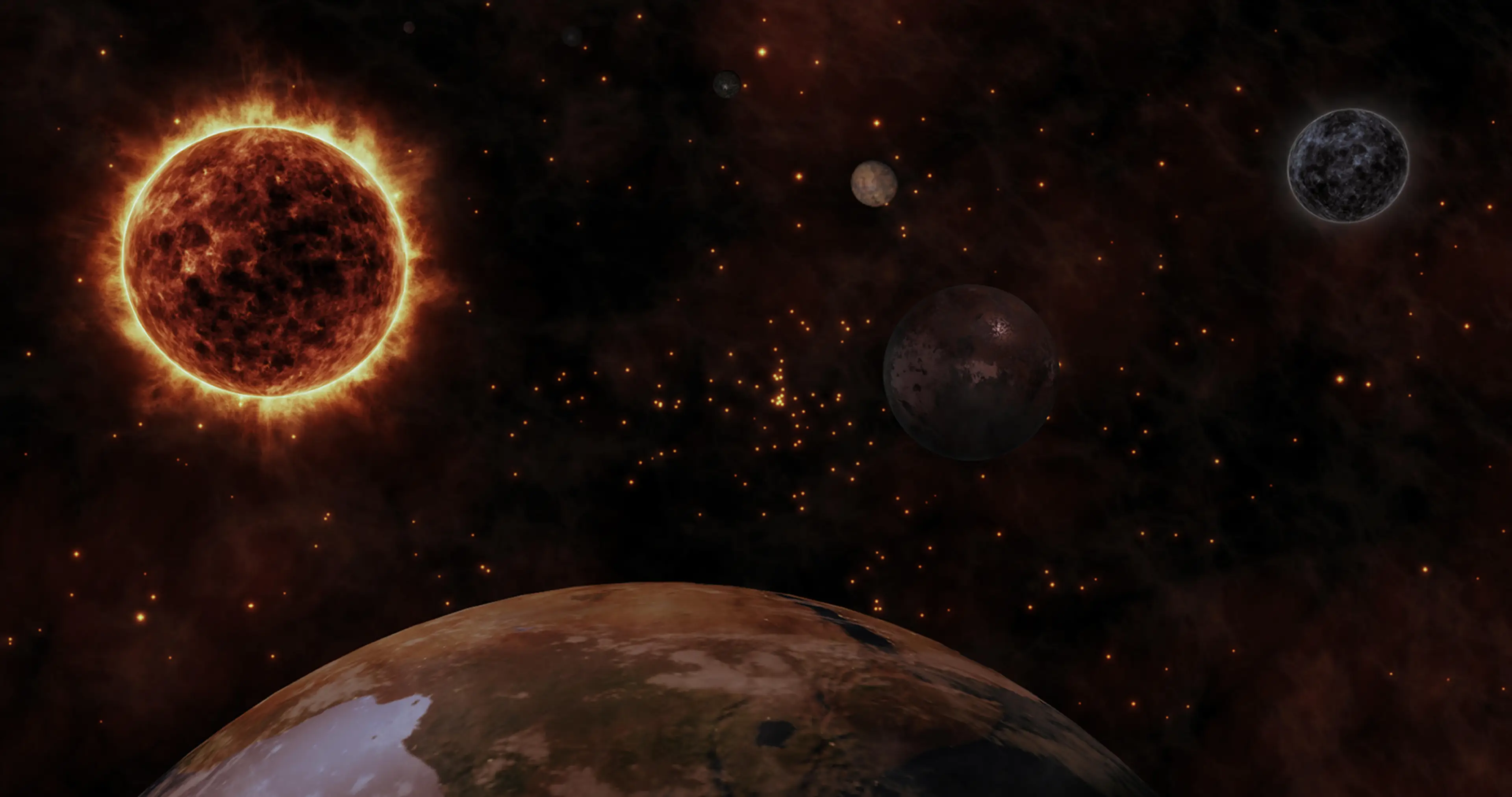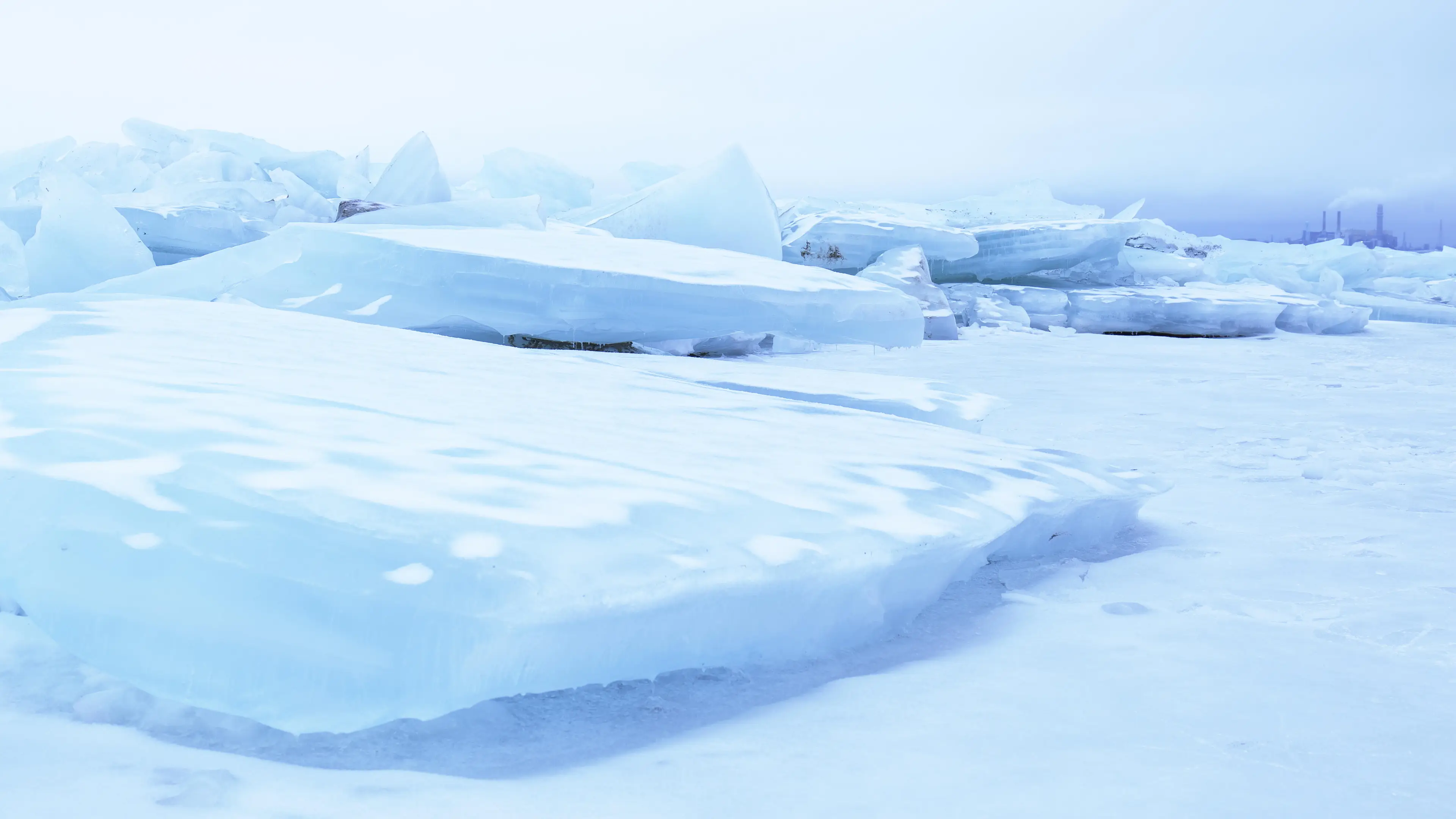
Scientists at the Massachusetts Institute of Technology (MIT) believe ‘space bubbles’ could offer as a solution to reverse climate change.
These researchers came up with their workings after exploring the concept inspired by astronomer Roger Angel.
While it sounds like a playful proposal, space bubbles are anything but.
They could reverse detrimental harm caused to the Earth by joining together like a ‘raft’ and then expanding to the size of Brazil, according to BGR.
Advert
The bubbles would then shield the Earth from solar radiation as they are sent to L1 Lagrangian Point - the pathway between the Earth and the Sun.

MIT issued a statement further explaining the idea: “This project is part of a solar-geoengineering approach - a set of technologies aiming to reflect a fraction of sunlight coming to the Earth - to contest climate change.
“Unlike other Earth-based geoengineering efforts, such as dissolving gases in the stratosphere for increasing its albedo effect, this method would not interfere directly with our biosphere and therefore would pose less risks to alter our already fragile ecosystems.”
MIT Professor Carlo Ratti also said that while this concept could help combat climate change, people will still need to mitigate harmful effects destroying the planet, and this plan is a last resort.
He said: “We believe that advancing feasibility studies of a solar shield to the next level could help us make more informed decisions in the years to come should geoengineering approaches become urgent.”
Last year, scientists said to Agence France-Presse (AFP) that out of the 31 metrics of ecological health that the Earth requires, 18 are facing poor results.
Atmospheric methane and carbon dioxide levels are at a record high, while arctic ice and glaciers are historically low.

Rising sea levels and oceanic temperatures still pose an enormous threat, while deforestation in the Amazon rainforest is rapidly accelerating climate change.
Oregon State University ecologist William Ripple told AFP: "We need to stop treating the climate emergency as a stand-alone issue - global heating is not the sole symptom of our stressed Earth system.
"Policies to combat the climate crisis or any other symptoms should address their root cause: human overexploitation of the planet."
ABC News reports that a new United Nations-backed report revealed that one million species face extinction.
The report also states that if humans do not act, the Earth could lose 12 per cent of its tree species, over 1,000 mammal species and around 450 species of sharks and rays.
Topics: News, Good News, Environment, Science, Space